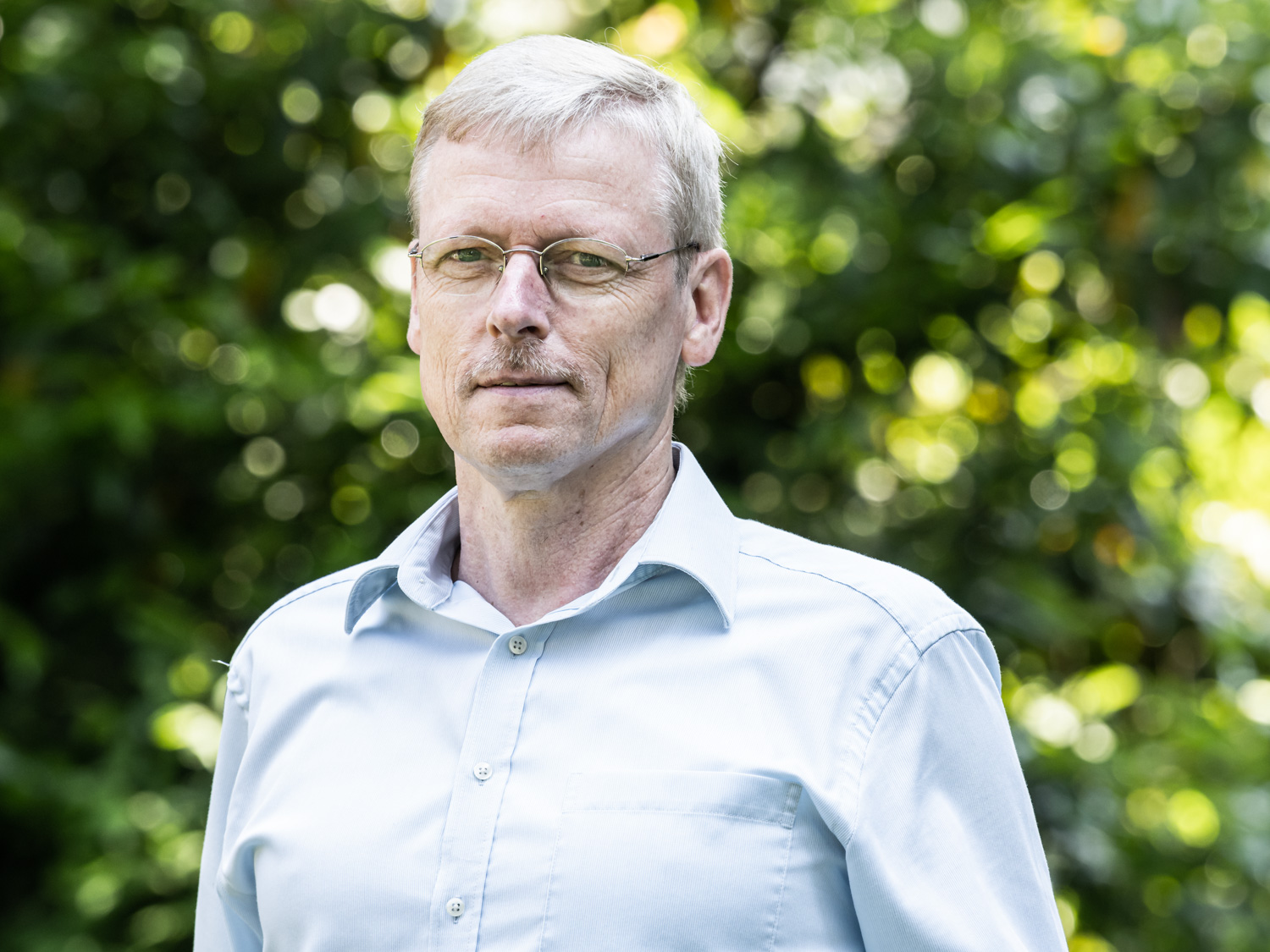The materials engineer, responsible for sales and product development at HÜNI+CO, has been involved in the DIN Standards Practice Committee (ANP) of the Stuttgart regional group for more than 20 years. At the end of June, he was elected as its Vice Chairman.
When Edgar Cimander began his involvement with the ANP in 2001, he was working as a group leader for standardization at a manufacturer of vacuum pumps in southern Germany. Among other things, he was involved in the cross-plant standardization of standard and drawing-based parts. In 2006, Cimander was appointed secretary. At the most recent quarterly meeting of the ANP regional group Stuttgart at Zeiss in Oberkochen at the end of June, he was now also elected as one of two vice chairmen.
Knowledge advantage creates competitive edge
The Standards Practice Committee is a network of currently around 400 standards experts from companies in various sectors throughout Germany, such as mechanical and plant engineering, automotive and electrical engineering, and several others, and is organized into regional and thematic groups. For around 100 years, the ANP has been regarded as an interface between industry, science and the DIN Group. The participating companies, the Who’s Who of German industry, including small and medium-sized enterprises as well as the very big players, expect to gain a knowledge advantage and thus a competitive edge from their participation in the ANP committees.
Of course, Edgar Cimander also has this in mind. “Our work focuses primarily on knowledge management,” explains the 63-year-old. “We meet quarterly on selected key topics, to which external speakers from industry, universities and associations are also invited.” An essential part of each meeting, he says, is the exchange of experiences, during which current issues are discussed directly with the speakers and meeting participants in small discussion groups. In addition to the actual standardization topics, this also includes topics that are actually relevant to all companies, such as future-oriented IT systems in the operational environment, for example CAD or ERP systems, Industry 4.0 or the operational implementation of European directives and regulations.
Influence on national and international standardization
“For HÜNI+CO, a few very specific topics are also important,” explains Cimander, “such as technical cleanliness in production processes and how to evaluate and, of course, comply with them.” The developments surrounding the planned EU-wide ban on the group of chemicals known as perfluorinated and polyfluorinated alkyl compounds (PFAS), which particularly affects manufacturers and processors and ultimately also private and commercial users of products containing fluorine, are a burning issue.
To be sure, the ANP does not create standards and regulations. “But by exchanging information and opinions on national, European and international standardization processes and standardization projects, the ANP groups certainly have an influence on the design and drafting of application-oriented standards by developing practice-oriented solutions and providing feedback to DIN,” Cimander sums up. This is one of the reasons why he and his work in the ANP are so valuable to HÜNI+CO.


